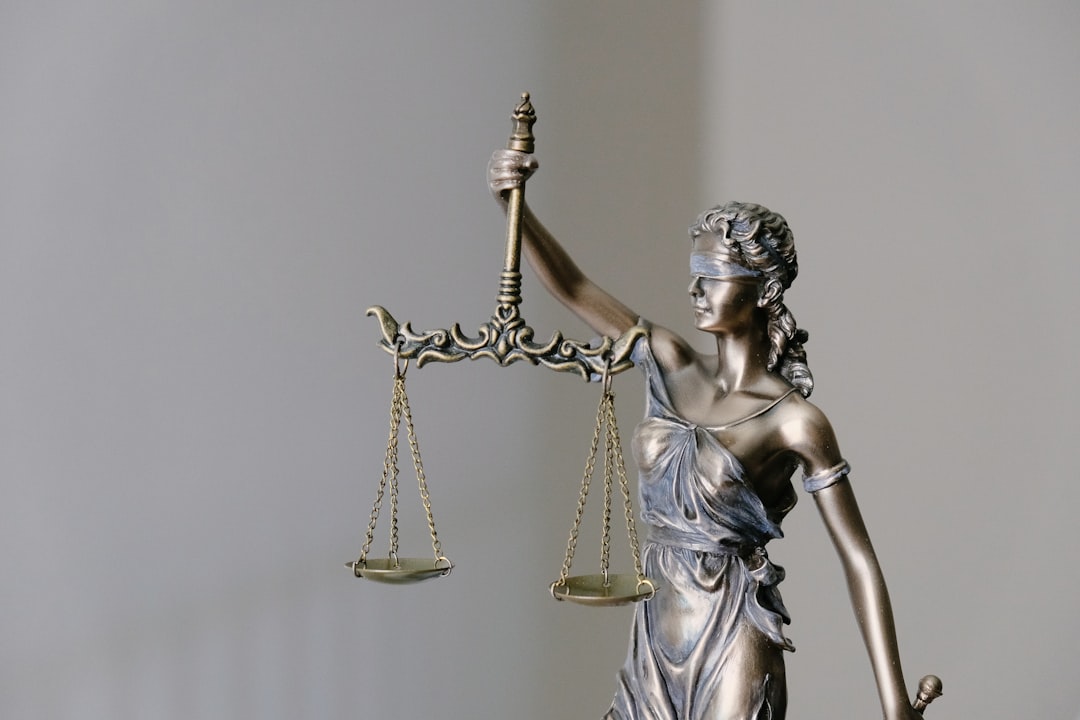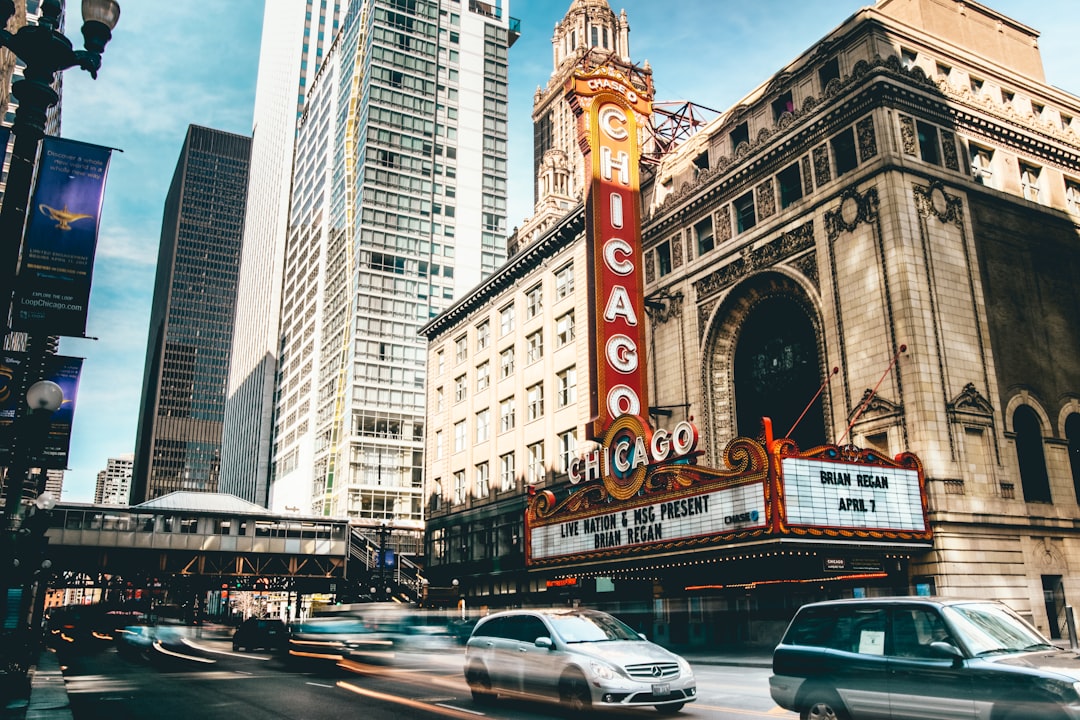Marginalized communities in Arkansas face challenges pursuing justice for sexual abuse due to cultural stigmas, language barriers, limited resources, and systemic discrimination. Sexual abuse attorneys play a crucial role by offering multilingual resources, culturally sensitive practices, and education for both community members and professionals. Building trust through collaboration with local organizations and trusted figures encourages survivors from indigenous tribes, LGBTQ+ individuals, people with disabilities, and hard-to-reach populations to come forward and seek justice. Effective advocacy demands strategic partnerships and training for legal professionals to ensure tailored, empathetic support for diverse survivors.
In Arkansas, addressing sexual abuse within marginalized communities requires tailored strategies. This article explores effective approaches to support survivors from diverse backgrounds. We delve into the unique challenges faced by these communities, focusing on building trust with hard-to-reach populations. By examining successful advocacy strategies and legal support, we aim to enhance justice for all. For those seeking guidance, understanding these dynamics is crucial when partnering with a sexual abuse attorney in Arkansas.
Understanding the Unique Challenges of Marginalized Communities

Marginalized communities in Arkansas, including racial and ethnic minorities, LGBTQ+ individuals, and people with disabilities, often face unique challenges when it comes to sexual abuse advocacy. These communities may experience barriers such as cultural stigma, language differences, limited access to resources, and systemic discrimination. For instance, a sexual abuse victim from an underrepresented group might struggle to find culturally competent support and legal representation from traditional service providers.
Addressing these challenges requires a nuanced approach. Engaging with marginalized communities means understanding their specific needs and tailoring services accordingly. This includes providing multilingual resources, ensuring cultural sensitivity in all aspects of advocacy, and educating both community members and professionals about the unique dynamics within these groups. By doing so, sexual abuse attorneys in Arkansas can offer more effective support, foster trust, and ultimately improve outcomes for victims from diverse backgrounds.
Building Trust and Accessing Hard-to-Reach Populations in Arkansas

Building trust is a cornerstone when advocating for marginalized communities affected by sexual abuse in Arkansas. These communities, often facing systemic barriers and stigma, may be hesitant to come forward or engage with traditional support systems. A nuanced approach is required to access hard-to-reach populations, such as indigenous tribes, LGBTQ+ individuals, and individuals with disabilities. Cultural sensitivity, community involvement, and the presence of trusted figures from within these groups can significantly facilitate this process.
Sexual abuse attorneys in Arkansas play a vital role in fostering trust by respecting cultural norms, understanding historical trauma, and ensuring confidentiality. They must be adept at navigating complex social dynamics and collaborating with local organizations and leaders who understand the unique needs and challenges faced by these marginalized communities. By doing so, they can provide tailored support and legal representation, encouraging survivors to share their stories and seek justice.
Advocacy Strategies for Effective Legal Support and Justice

Effective advocacy for marginalized communities in sexual abuse cases in Arkansas requires a multi-faceted approach, especially when ensuring legal support and justice. One key strategy is to build partnerships with local organizations that have established relationships with these communities. These partnerships can facilitate access to resources, provide cultural sensitivity, and ensure the needs of survivors from diverse backgrounds are met. For instance, collaborating with community health centers or faith-based groups can help in reaching survivors who might face barriers like language, transportation, or cultural taboos surrounding sexual assault discussions.
Additionally, training and education play a pivotal role. Training legal professionals and advocates on issues faced by marginalized communities—including LGBTQ+ individuals, racial minorities, immigrants, and those with disabilities—is essential. This training should cover implicit biases, culturally competent practices, and the unique challenges these survivors may face when navigating the legal system. Equipping sexual abuse attorneys in Arkansas with these skills enables them to provide tailored, empathetic support, ensuring that every survivor’s voice is heard and their rights are protected.






